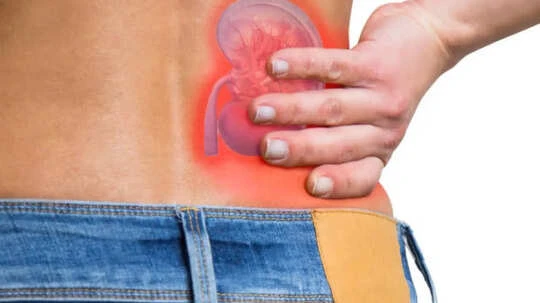In a groundbreaking innovation, which is instrumental in fighting the organ shortage crisis across the world, American scientists have been able to convert a type A kidney into a universal donor kidney, which is type O. This opens various avenues for faster and safer kidney donations in the United States.
According to scientists, this discovery can help thousands get blood type matching, which is a current impediment in patients who wait years for a compatible kidney, and many even die in the process. In the US alone, more than 90,000 people are on the transplant waiting list – and more than half of them have type O blood. The creation of a universal donor kidney can help save many lives, which reduces waiting times significantly and reshapes the future of kidney donation and transplant medicine.
Why is blood type important in kidney transplants?
Blood type is always critical in a kidney transplant as it can help prevent the recipient’s immune system from immediately rejecting the donor kidney due to natural antibodies against different blood group antigens. While historically a major barrier, advancements have made ABO incompatible transplants possible with pre-transplant treatments like plasmapheresis to remove antibodies and medications like intravenous immunoglobulin to prevent new antibodies from being made.
Type O kidneys are known as universal donors because they lack the main antigens, which means they can be transplanted into anyone. Patients who have type O blood often wait two to four years longer for a kidney since their bodies cannot accept kidneys from types A, B, or AB.
How was the experiment conducted?
Scientists said they began with a type A donor kidney and used special enzymes to transform it into a type O kidney. The kidney was treated with enzymes that cut off the antigens responsible for the A blood type.
This process “washed” the kidney and made it look like type O to the immune system. The converted kidney was then transplanted into a brain-dead patient to test if it could function.
Scientists said for two days, the universal donor kidney worked normally without rejection, and on the third, some antigens returned with the patient’s immune system beginning to attack the organ. According to experts, the technique works temporarily but is not yet permanent and needs more research. Scientists say the experiment means that those with type O could receive kidneys from more donors and dramatically reduce waiting lists. Patients would also not need as many risky treatments to tolerate mismatched organs.
Can the process work for other organs as well?
According to scientists, this method has also been tested in lungs in laboratory settings, and it is hoped it can also be applied to hearts, livers, and lungs in the future. While more extensive testing is needed, the process could also become one of the most important organ transplant innovations in US medical history – thereby saving thousands of lives and ending long wait times for type O patients.
